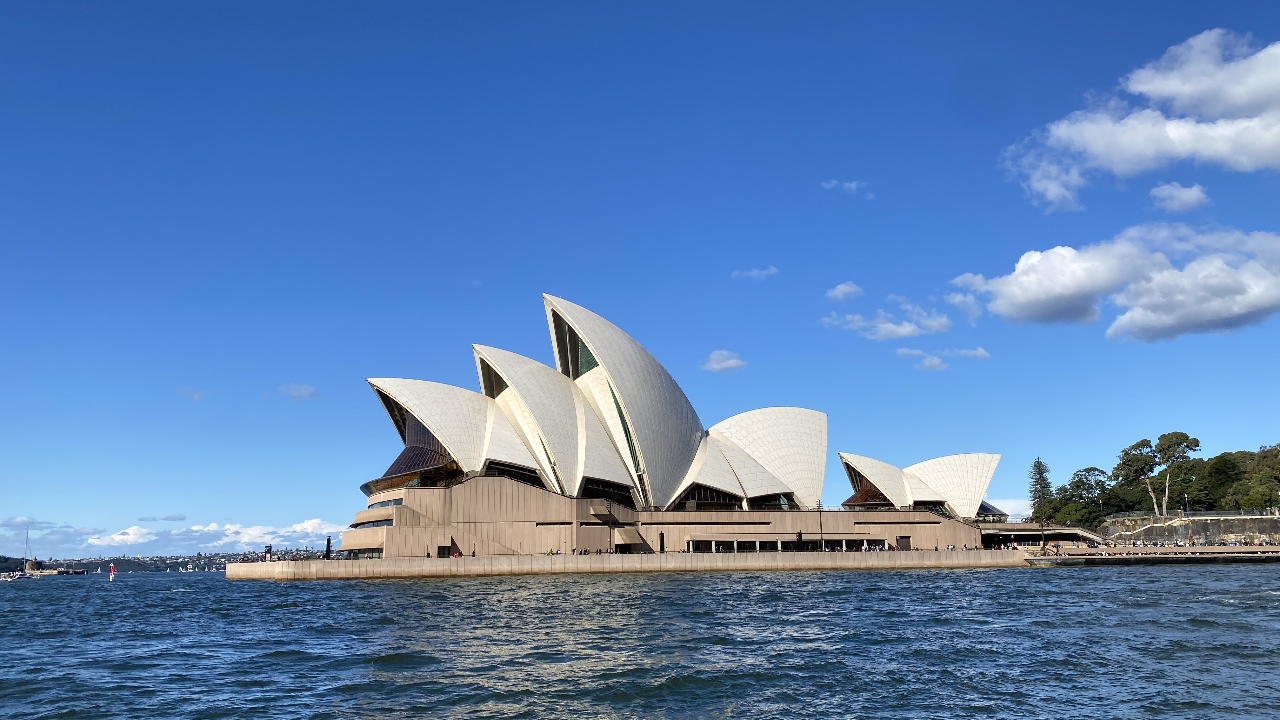The Path to a Sustainable Civilisation

Mark Diesendorf | Kerryn Higgs | Tommy Wiedmann
A public symposium on sustainable futures for humanity and the planet, led by sustainability experts Tommy Wiedmann, Kerryn Higgs and Mark Diesendorf.
Human civilisation is facing existential threats and increasing social divisions. Our planet’s life support system and most of its inhabitants are being exploited to the point of collapse. The threat of nuclear war is greater than ever. However, it may still be possible to escape the black hole that humans have created, provided we discard some of the dominant economic, social and political myths.
The speakers will identify the critical driving forces of potential destruction and the barriers to positive change. They will discard the myths and explore positive options and strategies for overcoming the barriers and transitioning to an ecological sustainable, socially just and more peaceful civilisation. Join us and become part of the discussion.
LIVE EVENT & VENUE INFORMATION
The Law building is located at UNSW Sydney's Kensington Campus. Please note this is a live event only. To ensure the health and safety of all patrons, face masks are recommended and please do not attend the event if you feel unwell.
CONTACT
Dr Mark Diesendorf: m.diesendorf@unsw.edu.au.
ACCESS
Wheelchair Access
The closest accessible drop off point to the Law School is the north entrance via High Street, Gate 2. Follow Gate 2 Road to Union Avenue and turn right. Then the Law School north entrance is about 50m along on the left.
Assisted Listening
The theatre has a hearing loop. Patrons wishing to utilise this need to simply switch their hearing aid to the T (Telecoil) setting to pick up on the wireless signal.
Parking & Public Transport
The Law Building is easily accessible via public transport and the closest light rail stop is UNSW Anzac Parade (L3 line). The Law Building is about 100m from the main entrance in Anzac Parade on the left-hand-side of University Mall.
Paid casual and visitor parking is offered via the CellOPark App and ‘pay by plate meters’ in all other UNSW car parks. For more information head here.

Tommy Wiedmann
Tommy Wiedmann is a Professor of sustainability research at UNSW Sydney in the Faculty of Engineering. His research and teaching is based on a long-standing experience in integrated sustainability assessment and environmental footprint analysis. His main research question is how to achieve concurrent human and planetary well-being. Wiedmann leads a national e-research infrastructure project and coordinate a number of research projects related to sustainability.

Dr Kerryn Higgs
Dr Kerryn Higgs is an Australian historian and author, focussed on questions of limits to growth, planetary boundaries, material footprint and critique of the UN’s Sustainable Development Goals. Her 2014 book, Collision Course: Endless growth on a finite planet, explores resistance to ideas about limits, the elevation of growth as the central objective of policy-makers, and the mounting influence of corporate-funded think tanks and neoliberal economics. She completed her PhD with Geography and Environmental Studies at the University of Tasmania, where she is an Associate with Social Sciences. She is an Associate Member of the Club of Rome.

Dr Mark Diesendorf
Dr Mark Diesendorf is Honorary Associate Professor in the Environment & Society Group, School of Humanities & Languages, at UNSW Sydney. Originally trained as a physicist, he broadened out into interdisciplinary energy and sustainability research and ecological economics. From 1996 to 2001 he was Professor of Environmental Science and Foundation Director of the Institute for Sustainable Futures at University of Technology Sydney. His most recent books are Sustainable Energy Solutions for Climate Change and (with Rod Taylor), The Path to a Sustainable Civilisation: Technological, Socioeconomic and Political Change – they can be purchased at the symposium.



